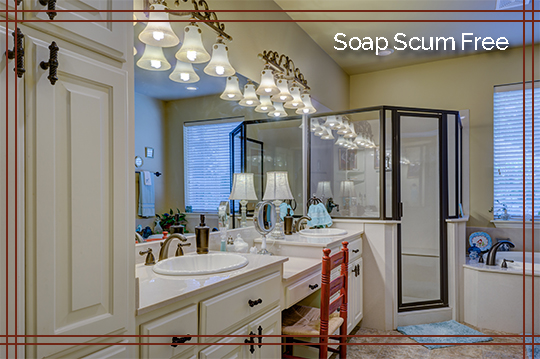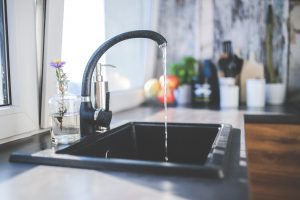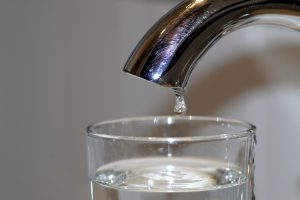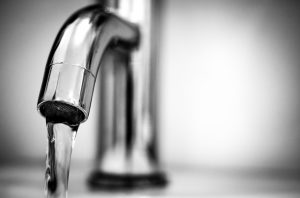Most well owners know that iron is a common culprit of maintaining clean water. Brown, tinged-colored glasses of drinking water or bright orange streaks in toilets and bathtubs are signs of an iron issue. Stains, discoloration, and foul odors and flavors mean there is iron in your water. Iron can clog pipes, reduce household water pressure, ruin the taste of coffee, tea, and other beverages, and stain appliances including the sidewalk and siding surrounding your house.
Iron enters water through the earth’s crust, as it is the most abundant mineral and perhaps causes the most nuisance in water across the globe. Rusty, corroded plumbing is also responsible for letting iron leak through into well water. Three forms of iron exist: ferric, ferrous, and bacterial. Each type requires a different iron filter or treatment process. When exposed to oxygen and water, iron begins to oxidize and deteriorate, turning into rust.
To properly and effectively remove iron from your water, an iron filter is your best bet. Iron filters remove stains, reduce contaminants, and purify water.
- Removes Rust: Appliances can rust and corrode quickly if iron is present, and excessive sulfur gives off a rotten egg smell. Sulfur, manganese, and iron are all removed with filters.
- Eliminates Sediments: The small particles that can be found at the bottom of a glass of water or a bucket are considered impurities. In large quantities, they can cause water to be unsafe to drink. Iron filters remove sediment as tiny as 20 to 40 microns resulting in pure, clean water.
- Low Maintenance: Iron filters have an automatic controller that initiates a regeneration cycle based on the amount of water passing through the system and the number of days used. Trapped particles are flushed out during this process, so the homeowner only needs to check them twice a year to ensure they are working correctly.
- No Stains: If you are tired of seeing yellowish-orange rust stains in your bathroom, an iron water filter might be for you. Household pipes, showers, and appliances will sparkle, along with your clothes – especially whites – which will last much longer.
- Chemical-Free: Most iron filters do not use chemicals. Instead, they employ ozone as it is environmentally friendly and easy to use.
- Pure, Clean Water: This might be an obvious reason, but iron water filters considerably enhance drinking water quality.
Without chemicals, sediments, odors, or stains, you’ll be wondering why you didn’t install an iron filter sooner. Contact the experts at Reynolds Water Conditioning today to install an iron filter in your home or business.
__________________________________________________________________________________
Reynolds Water Conditioning was established in 1931 and is Michigan’s oldest water conditioning treatment company. Still owned and operated by the Reynolds family, we take pride in providing the highest quality products at a cost-effective price. If your tap water lacks the quality you deserve, contact us today at www.reynoldswater.com or call 800-572-9575.
Written by the digital marketing staff at Creative Programs & Systems: www.cpsmi.com.






